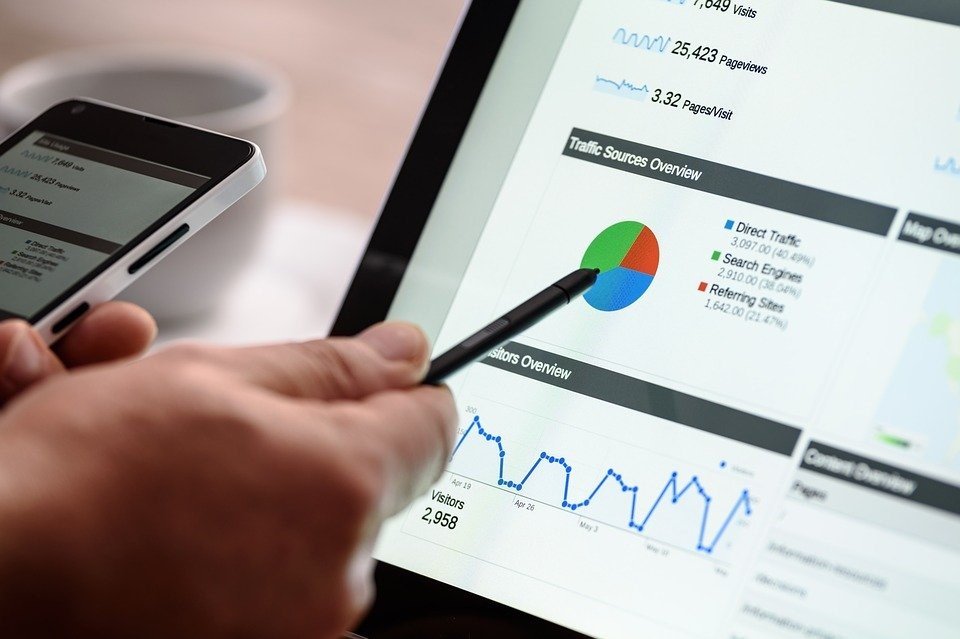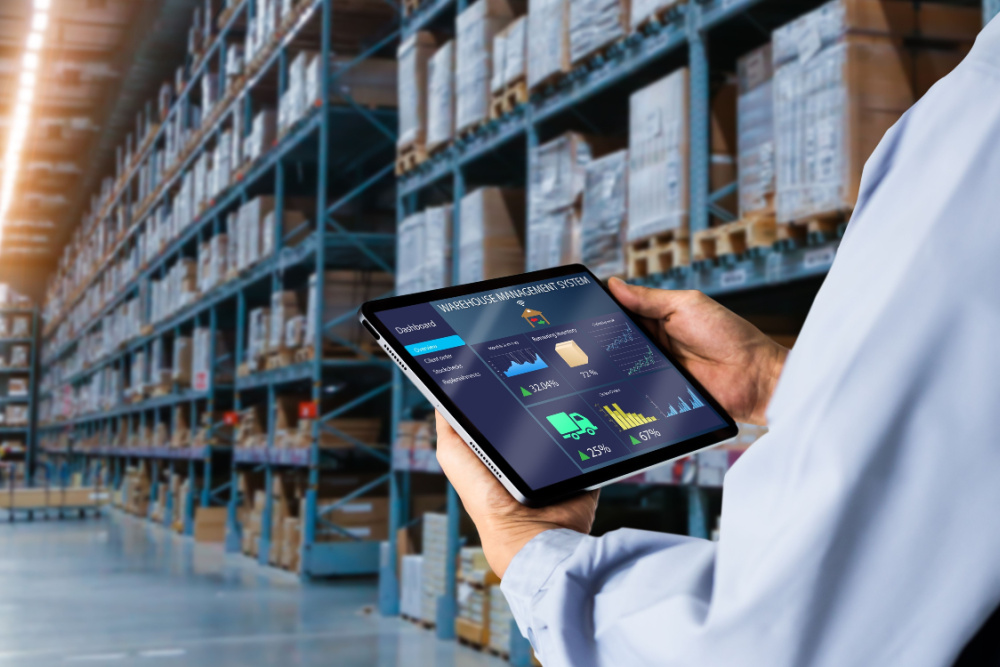Over the past few years, the terms ‘digitization,’ ‘digitalization,’ and ‘digital transformation’ have been all the rage, especially when it comes to the IT industry.
We’re here to explain the differences between these terms. According to Forbes, when you take analog accounting information and convert it into a digital form, it’s called data digitization.
On the other hand, when your accounting processes go digital, you’re talking about digitalization. This is where accounting software like QuickBooks comes in.
Let’s study the subject matter further:
A Quick Look at the Stats
The digitalization trend is relatively newer. Back in 2007, around 42% of companies in the US had only one computer to get by their accounting and financial tasks.
These findings included about 96 companies as respondents. 20% of these companies do not have any in-house computer systems to digitalize their financial statements.
However, most respondents agreed that they wanted to make better use of technology to streamline their accounting processes. This included tasks like document recognition, data transfer, direct online payments, text recognition, automated responses to customers, and the replacement of Excel sheets.
The survey findings also stated that most of these companies are now reducing the number of datacenters and computer systems that they have and are trying to consolidate them. This is to make it easier to transfer and process data.
Moving on to Artificial Intelligence, this relatively new process is being used by around 18% of companies. In fact, when the survey was re-conducted in 2016, it was found that over half of these businesses were still not using AI.
Only a mere 8% of companies use blockchain technology, whereas about 13% use software bots. The silver lining is that over 22% of the companies stated that they wanted to increase their usage of accounting software and bots.
Why is Digitalization in Accounting Important?
In 2020, your top priority as a business owner should be to make your accounting processes digital. 2020 is all about paperless offices, cloud computing, and remote working. Digital accounting has many benefits, the more important of which is that it simplifies the entire process.
Your accountant will no longer have to spend hours dealing with small accounting tasks such as transaction recording, ledger management, data entry, and payroll computation. When you practice digital accounting, you don’t need to enter values over and over again. The program will transfer the values to the relevant spreadsheets.
Moreover, you can scan most of your receipts, and the data will automatically be imported into the system. The same can be done for invoices and checks.
Another major benefit of accounting digitalization is that it minimizes the frequency of human errors in your data. Since the computations are taken care of by the software, they’re highly precise and accurate.
A perfect example of this is the tax module. When you calculate quarterly taxes using accounting software like QuickBooks, it will ensure that all the data totals are entered in the right spaces, there are no mistakes, and the right data controls are applied.
This will also expedite the process and make your tax filing process faster. As a result, there will be no chance of your business getting into trouble with the tax authorities.
QuickBooks as a Digital Accounting Solution
When it comes to digital accounting, QuickBooks has been an industry leader for quite some time now. This cloud-based software helps businesses save both time and money.
QuickBooks has made it possible for businesses to no longer restrict their accounting tasks to the office facility. Accountants can take full advantage of the cloud-computer environment and continue carrying out their jobs remotely. This means you can also collaborate with third-party accountants or consultants elsewhere in the world. The beauty of digital accounting is that one can access the files and process them from anywhere in the world.
Moving to the cloud also means your information is secure, updated, and safe. Whenever any transactions are recorded, QuickBooks saves the changes immediately, resulting in a general ledger and financial statements that are always up-to-date. Also, since the data is stored online, businesses can overcome the costs associated with physical data servers. They can also overcome the costs associated with the additional IT staff who would otherwise need to be maintained in-house.
If you’re looking for a QuickBooks cloud hosting service for your business, look no further than gotomyerp. You can learn more about our QuickBooks hosting services by contacting us online.




